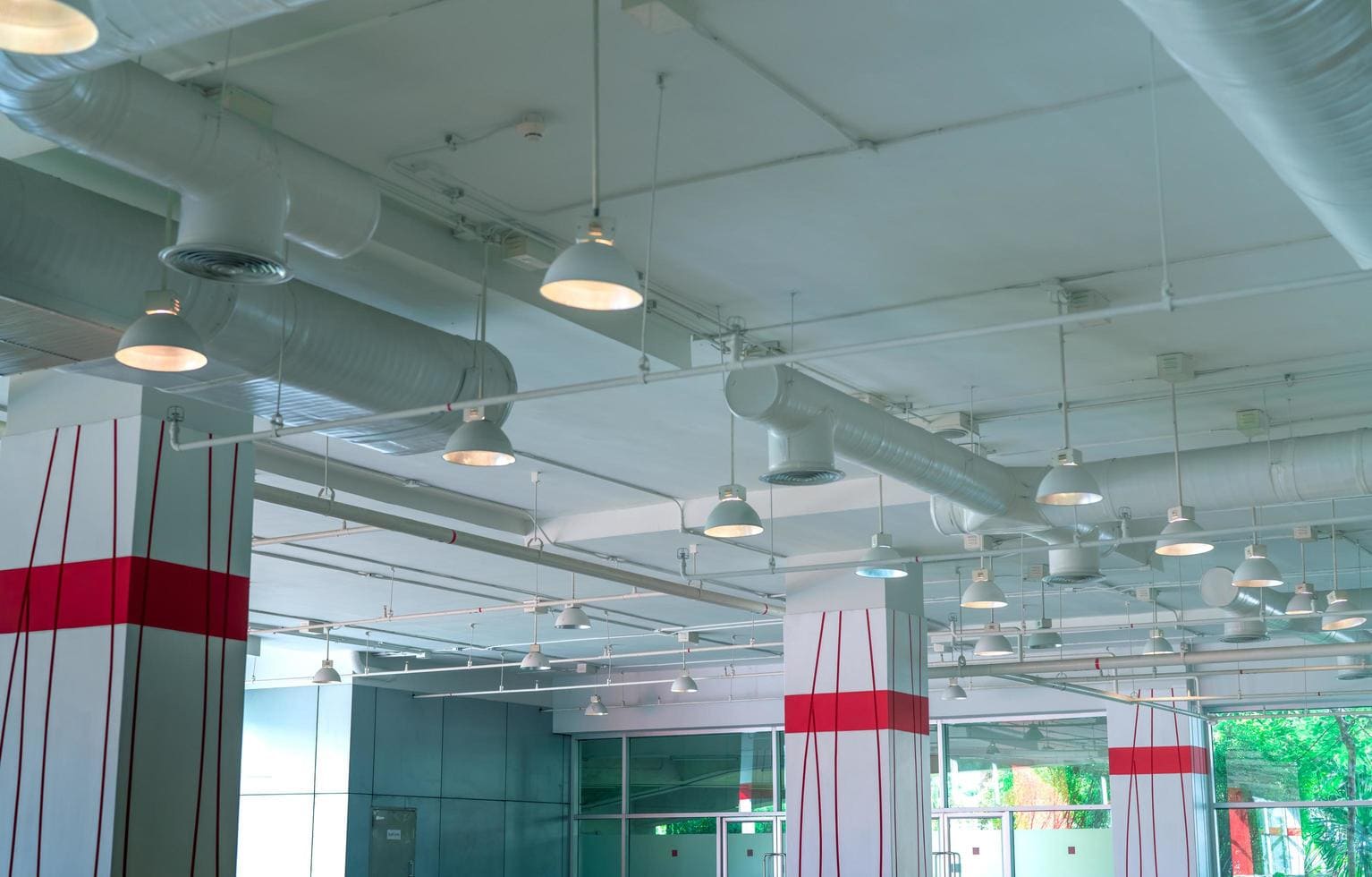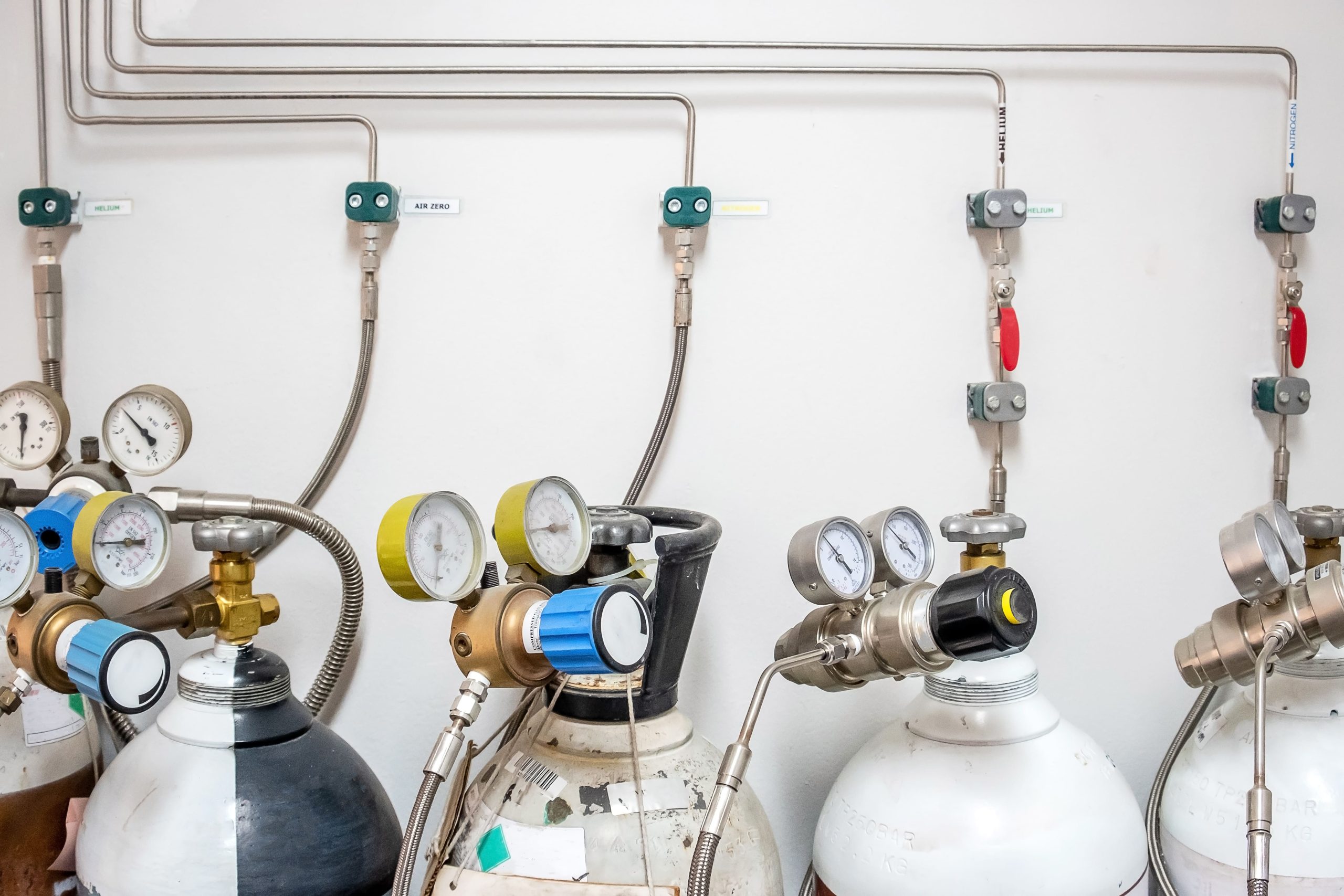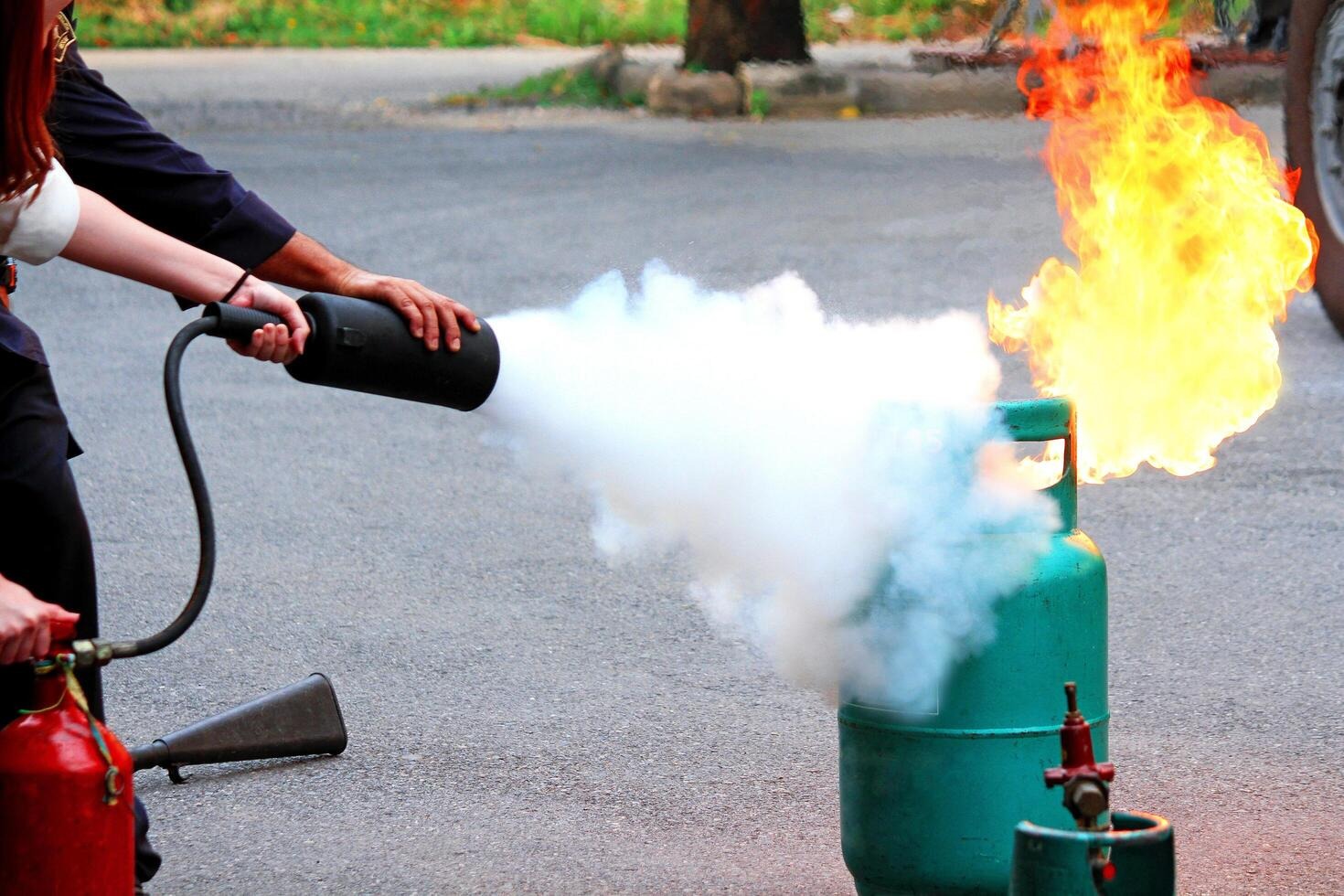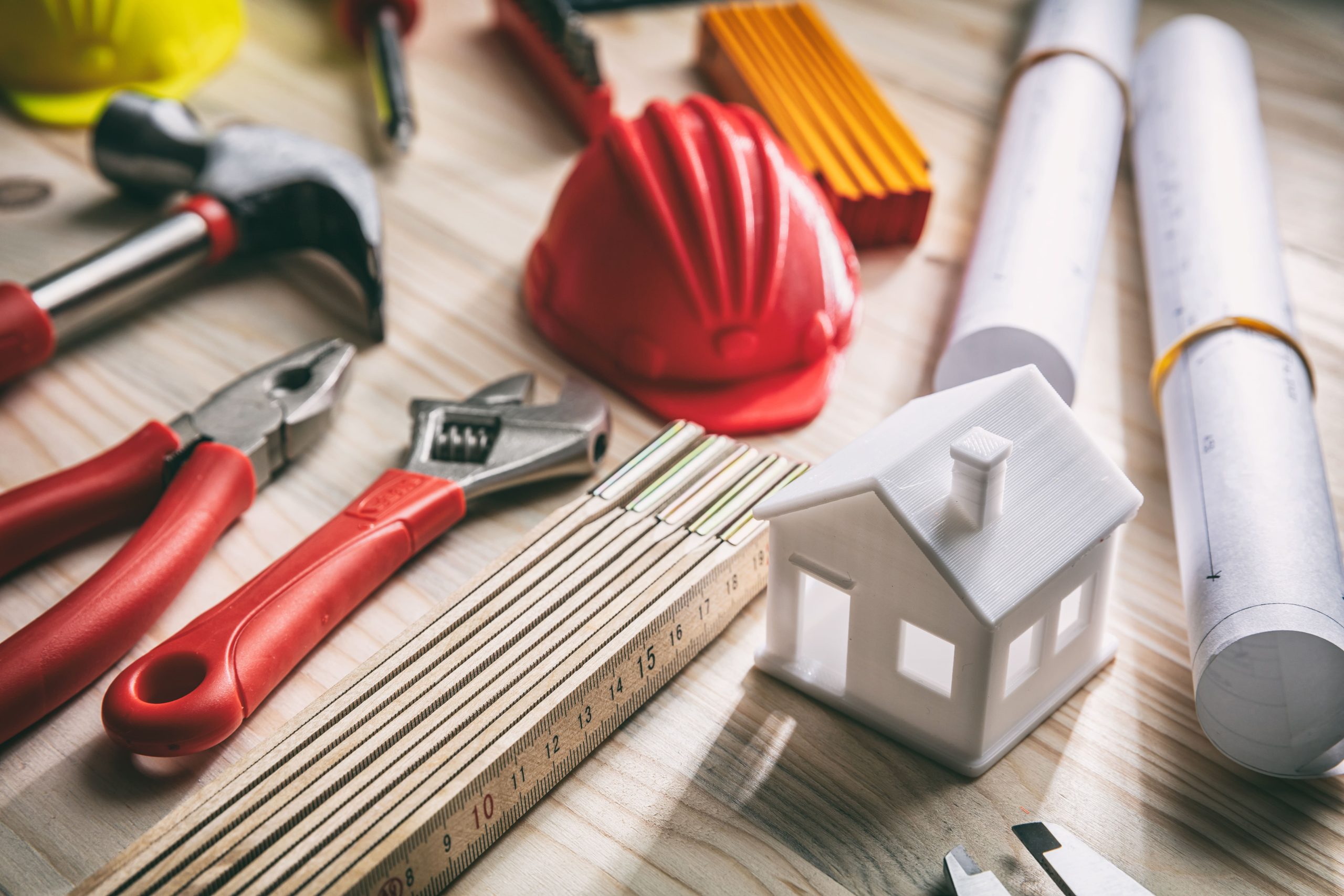
Civil Works and Fire Safety Regulations in Saudi Arabia: Compliance in Riyadh, Mecca, and Madinah
Fire safety is a critical component of civil works projects in Saudi Arabia. With rapid urban development in cities like Riyadh, Mecca, and Madinah, ensuring compliance with Saudi Civil Defence regulations has become essential. Non-compliance can result in project delays, penalties, and safety hazards, making fire safety planning a top priority for contractors and developers.
This blog highlights the key fire safety regulations, explains how civil works contractors can achieve compliance, and emphasizes why certified fire protection systems are essential for projects across Saudi Arabia.
Overview of Fire Safety Regulations in Saudi Arabia
Saudi Civil Defence enforces strict regulations covering:
- Building Fire Codes
- All new constructions must adhere to approved fire-rated materials and fire stopping systems.
- Buildings are required to have fire detection, alarm systems, and suppression systems.
- Passive Fire Protection Requirements
- Installation of fire stopping and fireproofing systems in walls, floors, ceilings, and service penetrations.
- Compartmentalization of buildings to prevent fire and smoke spread.
- High-Risk Zone Standards
- Industrial areas, petrochemical facilities, and high-rise buildings have enhanced fire protection requirements.
- Special regulations apply in cities with heavy industrial activity like Riyadh’s industrial zones and Mecca’s commercial centres.
- Inspection and Approval
- Projects must undergo inspection by Civil Defence authorities before occupancy permits are granted.
- Documentation of fireproofing systems, testing reports, and certified installations is mandatory.
Importance of Compliance in Riyadh, Mecca, and Madinah
Riyadh
- High-rise buildings, government projects, and commercial centres demand advanced fireproofing systems.
- Compliance ensures project approval and occupant safety, especially in busy business districts.
Mecca
- Hotels, shopping malls, and religious facilities see high foot traffic.
- Proper fire safety planning, including fire stopping and suppression systems, is critical during peak pilgrimage seasons.
Madinah
- With growing commercial and residential development, compliance protects both residents and historical sites.
- Fireproofing and fire stopping help maintain structural integrity and safety in multi-story buildings.
Common Fire Safety Requirements for Civil Works
- Certified Fire Stopping Systems
- Approved sealants, fire collars, wraps, and boards to seal penetrations in walls and floors.
- Fireproofing for Structural Elements
- Protecting steel beams, columns, and load-bearing structures using intumescent coatings, cementitious sprays, or boards.
- Smoke and Fire Compartmentalization
- Dividing large areas into fire zones to prevent spread and allow evacuation.
- Fire Detection and Suppression
- Installation of sprinklers, alarms, and detection sensors according to Saudi Civil Defence codes.
- Documentation and Maintenance
- Certified contractors must provide inspection reports, product certifications, and maintenance schedules.
Role of Civil Works Contractors in Compliance
Certified contractors play a vital role in achieving fire safety compliance:
- Project Assessment: Evaluate drawings and identify fire hazards.
- Material Selection: Recommend UL-listed, ASTM-tested, and Civil Defence-approved products.
- Installation: Ensure correct application of fireproofing and fire stopping systems.
- Inspection Support: Provide documentation for Civil Defence approval and final certification.
- Maintenance Programs: Offer regular inspections to keep fire protection systems fully functional.
Contractors experienced in Riyadh, Mecca, and Madinah understand local requirements, environmental factors, and building types, ensuring projects meet regulatory and safety standards.
Penalties for Non-Compliance
Failure to comply with Saudi fire safety regulations can result in:
- Delays in project approval and occupancy permits
- Fines and legal liability for the contractor and developer
- Higher insurance premiums
- Increased risk of structural damage and casualties in case of fire
Benefits of Fire Safety Compliance
- Life Safety: Protects residents, workers, and visitors.
- Structural Protection: Maintains integrity of steel, concrete, and other materials.
- Regulatory Approval: Avoids delays and fines by satisfying Civil Defence requirements.
- Insurance Benefits: Compliant buildings often have lower premiums and improved coverage.
- Business Reputation: Contractors delivering compliant projects gain trust and repeat business.
Call to Action – Partner with Experts in Fire Safety Compliance
If your civil works project in Riyadh, Mecca, or Madinah requires certified fire stopping and fireproofing solutions, working with an experienced contractor ensures:
- Full compliance with Saudi Civil Defence regulations
- Use of certified fire protection products
- Correct installation, inspection, and maintenance
- Long-term safety for occupants and property
Contact us today to discuss your project’s fire safety requirements and secure approval with certified solutions.





